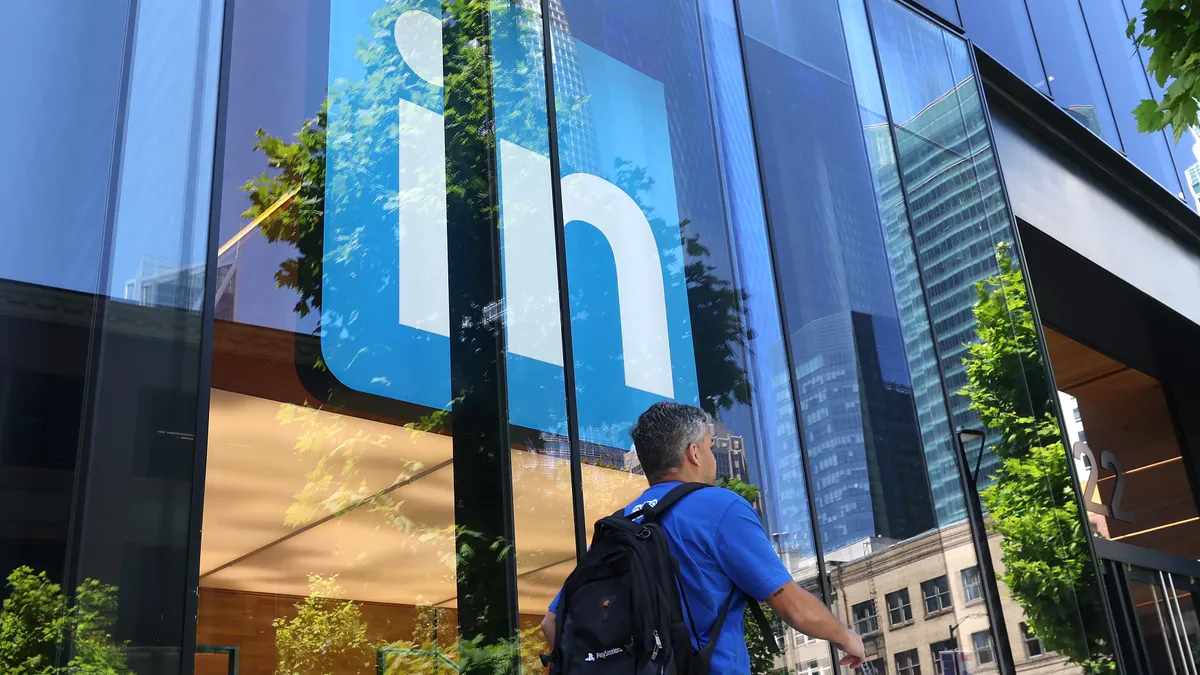Recruiters are continuing to test and experiment with artificial intelligence tools — and while many recruiters surveyed agree that AI has improved hiring efficiency, far less agreed that it has increased the quality of hires, according to a LinkedIn report published Feb. 13.
Experimenting with AI has also moved recruiters to gain new skills and focus more intently on the ones that matter, LinkedIn said. According to data pulled from paid job posts on the site, demands for recruiters with relationship development skills saw a 54x increase year over year.
“With AI set to take over mundane tasks, employers are increasingly looking for recruiters who can take on more strategic roles,” according to the report. One source told LinkedIn that recruiters may be expected to serve more as a career coach to guide talent through the process.
This relationship between AI and recruiters matters, the report indicates, because employers are focusing more intently on quality of hire — and many talent acquisition pros said that AI might play a role in measuring it, LinkedIn said.
But that shift to a focus on quality also points to the changing nature of the job market. Hiring reached its lowest point in five years in December, according to a January report from BambooHR, and the regular U.S. Bureau of Labor Statistics reports showcase a job market that is steady but no longer making gains once seen after the end of lockdowns in 2020.
“Today’s urgency around quality of hire is also a course correction,” LinkedIn said in its report. “During the Great Reshuffle of 2021 and 2022, many employers over-indexed on speed, prioritizing quick fills over thoughtful decisions. With hiring slowing, the pendulum is swinging back toward quality. Every hire must count — and that means prioritizing long-term value over short-term efficiency.”
Measuring quality of hire is no easy feat, but 61% of talent acquisition pros surveyed by LinkedIn said AI can improve how they do so. Another source interviewed by LinkedIn noted that AI tools can analyze candidate skills and potential and offer insights that may “go beyond resumes and conventional interviews.”













